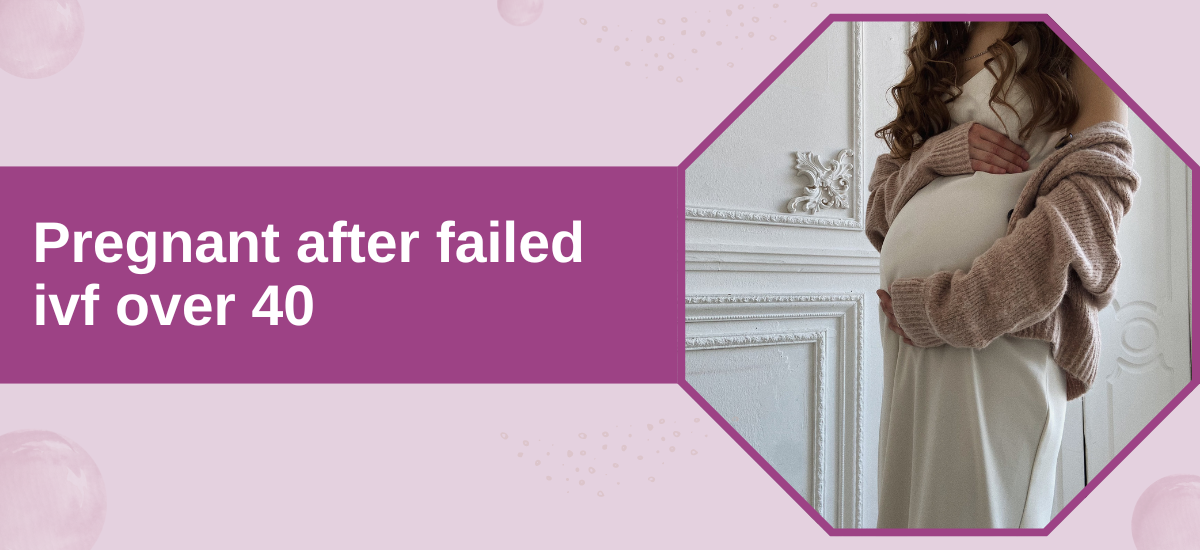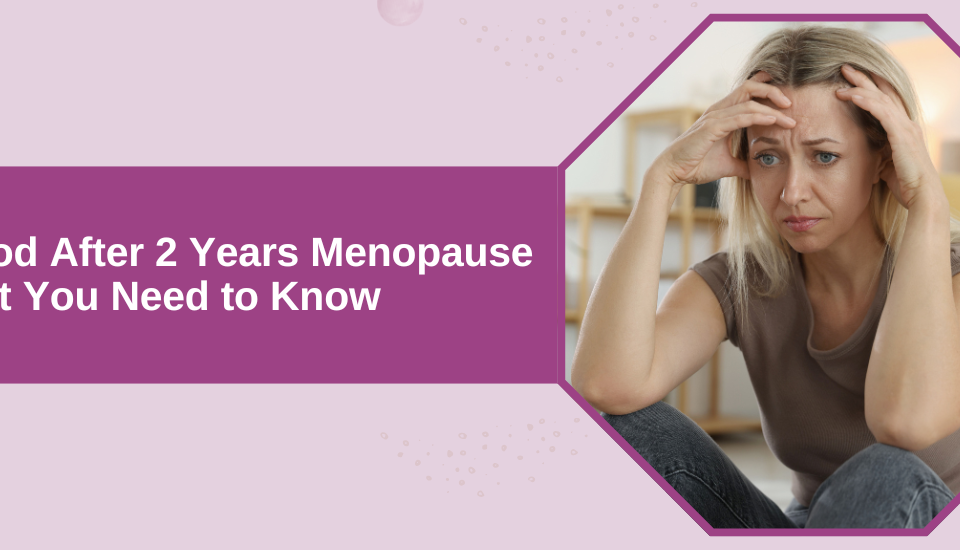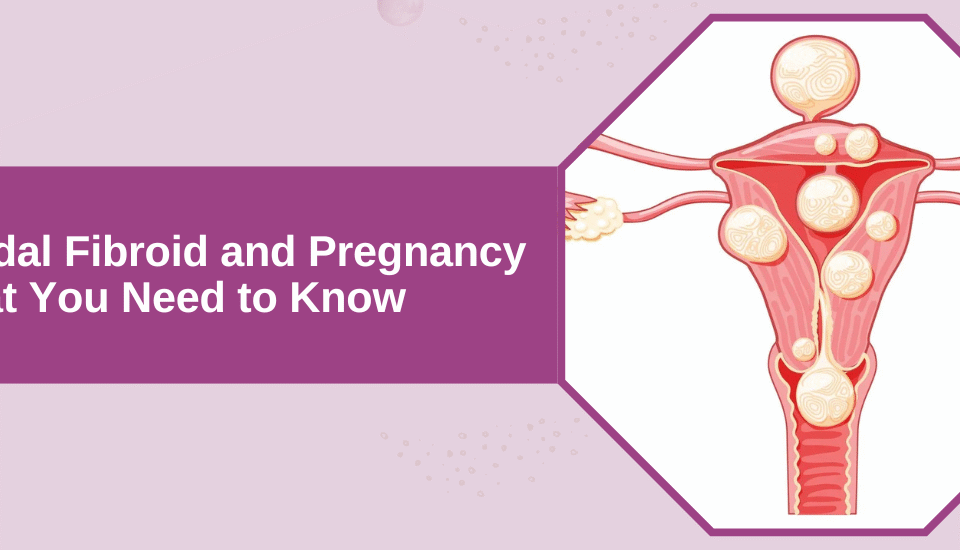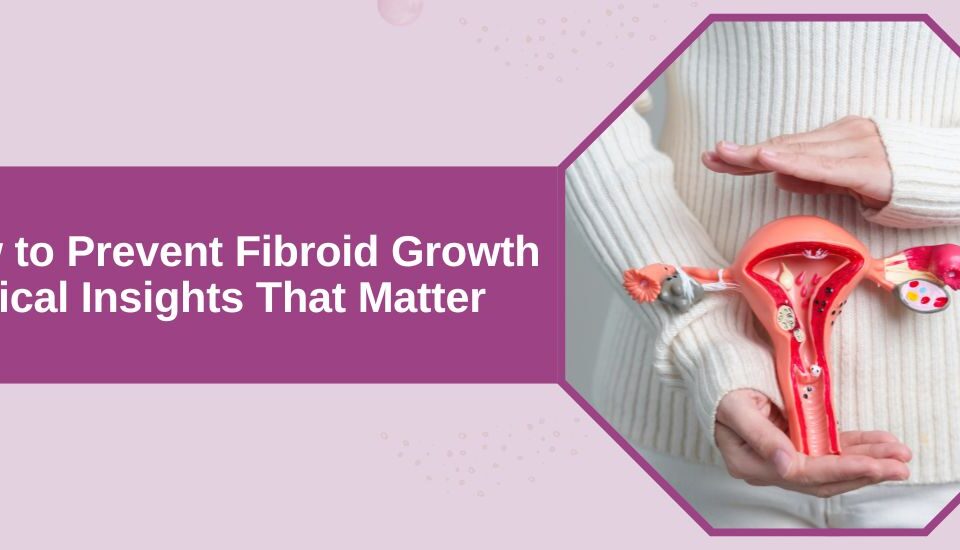- Have any questions?
- +91-98717 17305
- babiesandus12@gmail.com
Pregnant After Failed IVF Over 40: Is It Really Possible?

Negative Pregnancy Test 6 Days After Embryo Transfer
September 12, 2024
Spotting 25 days after IVF transfer
October 14, 2024The emotional toll of an IVF failure, especially after 40, is high. Most women come to the conclusion that, with the failed IVF cycle, their chances of natural motherhood are zero. We will discuss in this Pregnant After Failed IVF Over 40 article the reasons why IVF fails, how natural pregnancy still occurs, what factors affect success, and the expectations at this stage of fertility.
Reasons for IVF Failure After 40

The age factor plays a significant role in fertility and, as a result are also lower after 40. But the thing is that failed IVF does not mean that natural conception would be out of the question. Below are the main reasons:
• Old age leading to eggs of poor quality
• Chromosomal abnormality in embryos, which is more likely at the age of 40
• Hormonal imbalance
• Medical disorders, e.g., thyroid disorders, PCOS, or insulin resistance are not treated
• Low sperm quality
• There are still difficulties in implantation even though the embryos are healthy.
Finding out the cause of IVF failure helps the woman and the couple to make a more informed decision about the next step, one of which is to try naturally.
Why Natural Pregnancy Still Occurs After IVF Miscarriage

It might come as a shock, but quite a number of women become pregnant naturally, even after multiple IVF processes have failed. This is due to a variety of factors:
1. Natural Cycles Are Sometimes More Harmonious
The hormonal stimulation during IVF may cause the body to go through a short-term disruption of its normal natural rhythms. However, once the treatment is over, the body quickly returns to its original state and so does ovulation and hormone secretion.
2. No Medication Means Better Egg Response
The responses of women to fertility injections vary. Some women are able to produce eggs of better quality in non-medicated cycles that are natural to them.
3. Favorable Endometrial Environment
Sometimes, the endometrium is more receptive during natural cycles, thus raising the probability of natural implantation.
4. Stress through IVF Turns to Relaxation
IVF is a major source of stress—visits to doctors, drugs, worries about money, etc. Afterwards, a large number of women are able to relax. Reduced stress can help in a positive way by making hormone levels stable and therefore improving fertility.
5. An Excellent Egg Is Still coming
There are times even after 40 when a woman’s ovary sporadically releases a strong, healthy egg. Natural conception only requires an egg of good quality and that can occasionally happen in an unpredictable manner.
Chances of Natural Pregnancy After 40

Fertility after 40 declines, but it doesn’t reach zero. On average:
- Natural conception over 40: 1–5% per cycle
- After failed IVF: chances may be slightly lower
- With optimized health, medical guidance, and lifestyle changes, some women see improved outcomes
These numbers may be modest, but they confirm that natural pregnancy is not impossible.
Factors That Improve Natural Pregnancy Chances After IVF

1. Complete Medical Evaluation
A thorough assessment often reveals missed issues, such as thyroid imbalances, vitamin D deficiency, insulin resistance, or mild autoimmune conditions. Addressing these increases natural fertility.
2. Healthy Lifestyle Adjustments
- Balanced nutrition
- Moderate exercise
- Good sleep
- Stress management
These habits help regulate hormones and support better ovulation.
3. Supplement Support (Doctor-Guided)
Folate, omega-3, antioxidants, and certain vitamins may support egg health when taken under medical supervision.
4. Sperm Health Improvement
For the partner, even small improvements in sperm motility and count can increase chances of natural conception.
5. Ovulation Tracking
Understanding the fertile window helps couples make the most of the cycles where high-quality eggs may be released.
6. Uterine Health Optimization
Correcting fibroids, polyps, or inflammation improves the environment for implantation—whether natural or assisted.
Does Low AMH or High FSH Mean Natural Pregnancy Is Impossible?
Low AMH and high FSH are common in women over 40, and although they indicate decreased ovarian reserve, they do not predict whether a pregnancy can or cannot happen naturally.
Success Stories: Why They Happen
Many fertility centers report stories of women conceiving naturally after stopping IVF. This is often because:
- The body recovers hormonally
- Stress levels decrease
- Minor health issues get corrected
- Natural ovulation becomes more predictable
- The timing aligns with a high-quality egg
These stories, while not guaranteed, offer hope and show that biology can surprise us.
Should You Try Naturally After Failed IVF?
Several factors can influence your chances of conceiving after a failed IVF cycle at 40 or older:
Trying naturally is a valid option if:
- You are ovulating regularly
- You have no major medical obstacles
- Your doctor agrees it is safe
- You are emotionally prepared
Even a short break from treatment can benefit the body and mind.
A failed IVF cycle does not close the chapter on becoming a mother—especially not at 40 or beyond. While fertility does decline with age, natural pregnancy after failed IVF is absolutely possible. With balanced expectations, proper medical evaluation, lifestyle support, and emotional strength, many women find themselves experiencing the joy they once believed was out of reach.

Conclusion
Getting pregnant after a failed IVF attempt, especially for women over 40, is not only possible but has been the experience of many women worldwide. While the road may come with challenges and risks, it’s essential to remain hopeful and informed. By making lifestyle changes, tracking ovulation, and seeking guidance from fertility experts, you can improve your chances of success.
Remember, every journey to parenthood is unique. Whether you choose to continue trying naturally or pursue further fertility treatments, the right path is the one that works best for you and your family.
Frequently Asked Questions
Can you still get pregnant naturally after failed IVF over 40?
Yes, it is possible to get pregnant naturally after a failed IVF attempt. Many women in their 40s have gone on to conceive without medical intervention following IVF failure.
How long should I wait to try again after a failed IVF attempt?
Most doctors recommend waiting at least one full menstrual cycle before trying again. This gives your body time to recover and prepares it for either natural conception or another IVF attempt.
Does age affect the chances of pregnancy after failed IVF?
Yes, age plays a significant role in fertility. As women age, both the quantity and quality of eggs decline, which can affect the chances of conceiving naturally or through IVF.
Can I improve egg quality after 40?
While it’s challenging to improve egg quality with age, certain lifestyle modifications, supplements (such as CoQ10), and a healthy diet may help support your fertility.
What are the risks of pregnancy after 40?
Pregnancy over 40 carries an increased risk of complications such as miscarriage, gestational diabetes, high blood pressure, and chromosomal abnormalities. It’s important to work closely with your healthcare provider to manage these risks.
References
https://www.asrm.org/topics/topics-index/fertility-treatment-and-age




